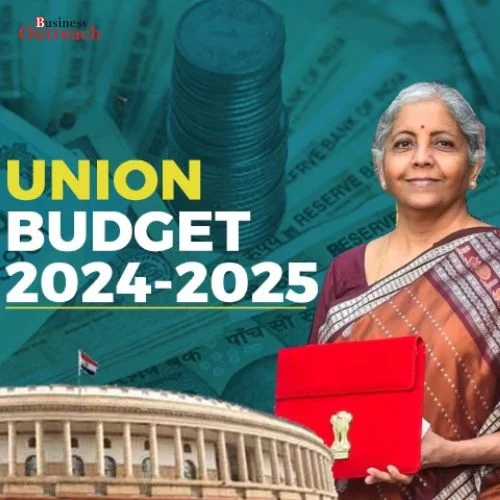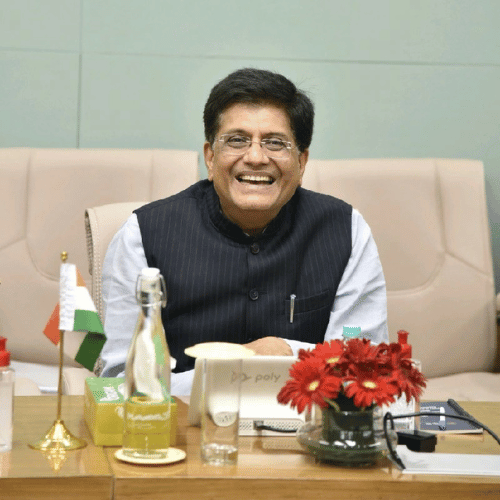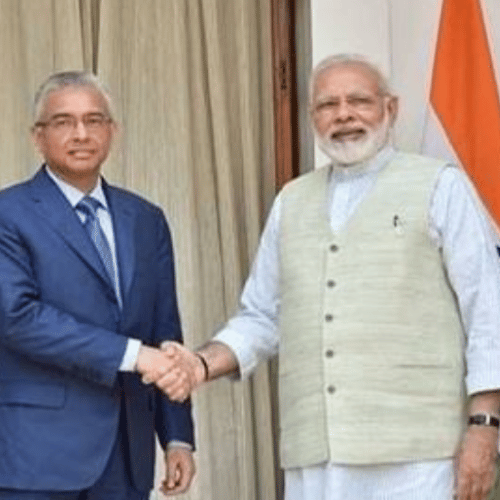Prime Minister Narendra Modi recently spoke about the significance of the PM Gati Shakti Master Plan in an infrastructure and investment webinar.
The Master Plan is a critical tool that integrates economic and infrastructural planning with development, and the Prime Minister believes it will change the face of India’s infrastructure and its multimodal logistics.
During the webinar, Prime Minister Narendra Modi emphasized that the budget for 2023-24 will impart new energy to the growth of infrastructure in India. He stated that the government considers infrastructure development as the driving force of the economy and believes that India will achieve the target of becoming a developed nation by 2047 by following this path.
The Prime Minister stressed that there is a need to increase the pace of development in this sector, and Prime Minister Gati Shakti’s National Master Plan will play a critical role in achieving this objective. He stated that the government is working to create modern infrastructure across railways, ports, and airports.
The Prime Minister highlighted that the government has identified the gaps that were impacting logistics efficiency. In this year’s Budget, 100 critical projects have been prioritized, and 75,000 crore rupees have been allocated. He added that with quality and multimodal infrastructure, logistics costs will reduce further, which will have a positive impact on the goods made in India and the competitiveness of Indian products. The logistics sector’s improvement will also lead to an improvement in ease of living and ease of doing business.
PM Modi invited the private sector to participate in the sector, emphasizing the need for an integrated approach so that the roadmap for the future remains clear. He stated that the PM Gati-Shakti National Master Plan has a big role in this and stressed the need to integrate the concept of circular economy with the sector.
The focal point of the Prime Minister lies in the development of infrastructure, with the PM Gati Shakti National Master Plan playing a pivotal role in achieving the said goal, which holds paramount importance for the growth of India’s economy. However, the implementation of these plans might prove to be a baffling task, especially considering the intricate bureaucracy and the numerous hurdles to their execution that plague India.
Furthermore, incorporating private companies in the development of infrastructure might instigate apprehensions about the prioritization of financial gains over the greater good. It is thus the duty of the government to ensure that private sector involvement is in harmony with the interests of the public and the principles of sustainable advancement.
In conclusion, the Prime Minister’s speech highlights the government’s commitment to infrastructure development and the role of the PM Gati Shakti National Master Plan in achieving this objective. However, there may be some perplexity regarding the implementation of these plans, and the government must ensure that the private sector’s involvement is balanced with the public interest and sustainable development.















